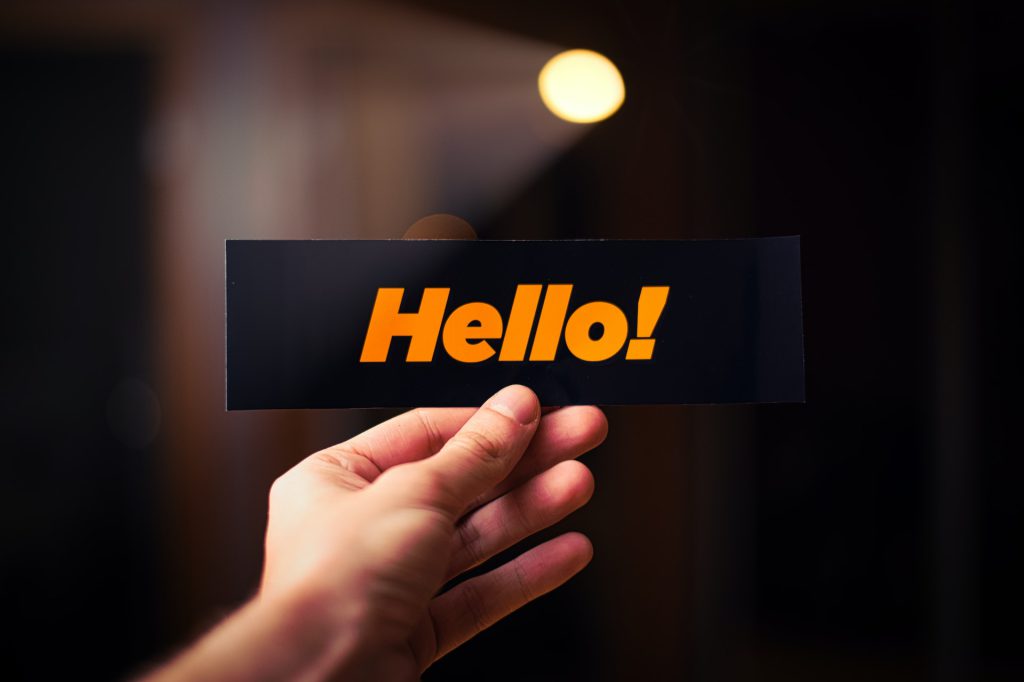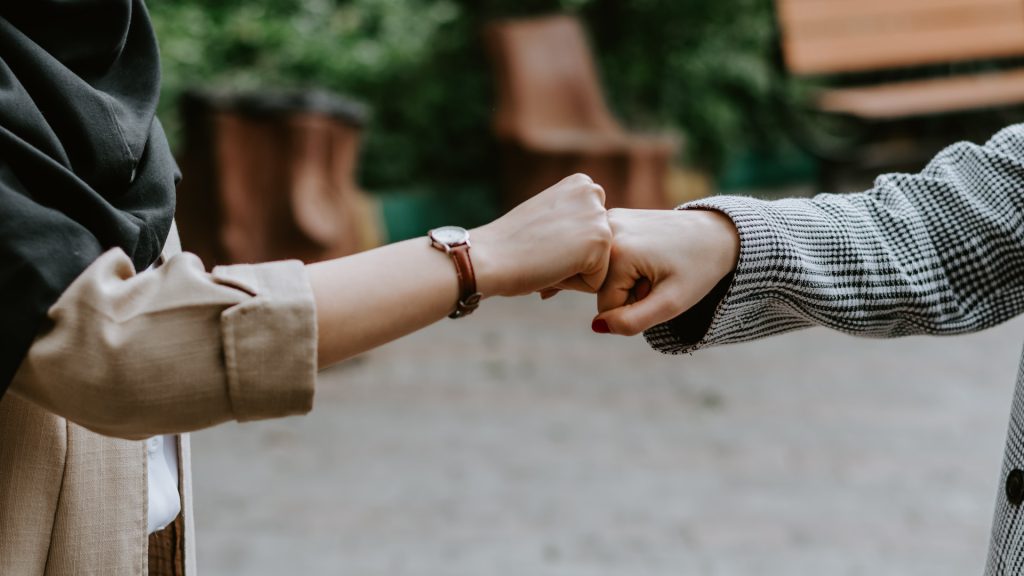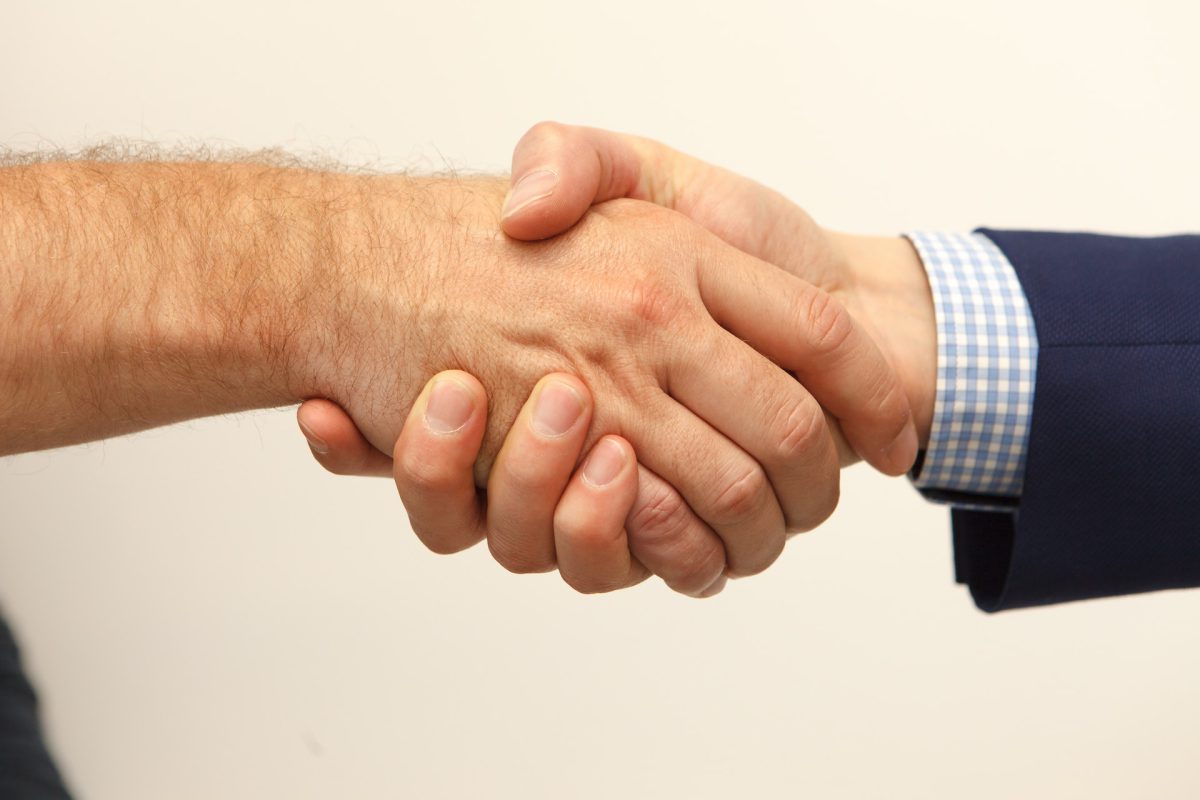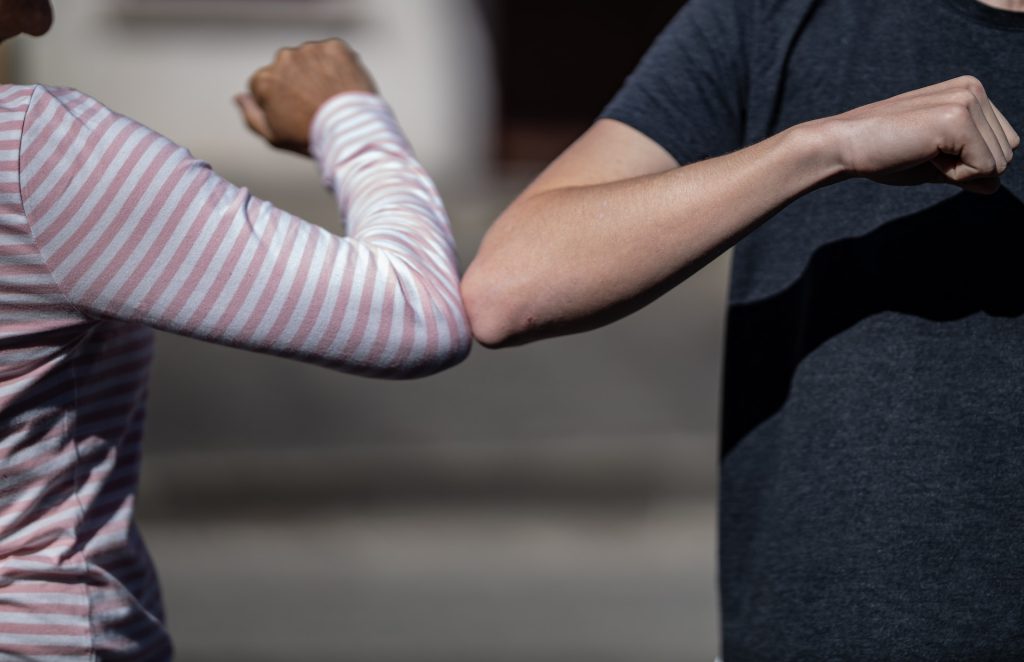Table of Contents
Are you off to Iran? So you need to know some major tips about greeting in Iran! Get ready for a trip full of surprises in a country with a different vibe. Iran’s got this rich culture that might be new to you.
But here’s the deal: being cool with the locals is a big deal everywhere, right? Showing some respect can open doors you didn’t even know existed. It’s not just about saying “Thanks” in Persian; it’s about kicking off conversations in a way that makes people smile. Persian greetings aren’t like what you’d expect, so it’s smart to learn them before you hit the road. Think of it as your secret code to making friends and unlocking cool experiences in Iran.
Hello in Iran Language

Salām: Greeting of Peace
Speak Farsi is really interesting for sure! Let’s see what is hello in Iranian. In the tapestry of Iranian society, the word “Salām” weaves connections transcending age, social class, and identities. Beyond its literal translation of “peace and welfare,” Salām is the cornerstone of Persian greetings, a linguistic bridge connecting people in a diverse nation. Embraced by Muslims worldwide, Salām resonates particularly in Iran, where its usage extends beyond religious contexts. Notably, Muslims and non-Muslims alike employ this versatile greeting, emphasizing its unifying power. Its omnipresence in daily interactions underscores its significance, making it a linguistic heartbeat echoing through the tapestry of Persian culture.
Common Greetings and Expressions
The versatility of Salām or Hello in Iran Language manifests in various forms:
The traditional “سلام عليكم [salāmu ʿalaykum]” meaning ‘may peace be upon you’
Playful renditions like “سلام به همگی [salām be hamegi]” translating to “Hello everyone.”
The deeper etymology reveals Salām’s roots in the triconsonantal combination š-l-m, resonating across Semitic languages. Analogous to the Hebrew šālôm, the Arabic Salām encompasses meanings of peace, safeness, and wholeness. Beyond the linguistic realm, Salām is intertwined with core Islamic concepts, emphasizing its cultural and spiritual significance.
Dorud: Resonant Echo of Wellbeing
Another way of saying hello in Iran Language is “Dorud” which emerges as a distinctive and esteemed alternative to Salām. Originating from Old Iranian roots, Dorud’s deliberate use conveys prestige, with many choosing it over Salām. Unlike its Arabic counterpart, Dorud’s semantic ties resonate with global linguistic parallels, akin to English ‘hail’ or German ‘heil,’ signifying health and prosperity. This indigenous greeting is a linguistic beacon, rooted in the historical lineage of Old Persian, Parthian, and Middle Persian, evolving into a cultural symbol echoing wellbeing and steadfastness.
The Origin of the Word
Etymologically, Dorud or Hello in Iran Language traces its roots to Old Iranian druvataat, embodying wholeness and wellbeing. Its evolution spans Avestan’s ‘drvatāt-‘ to Middle Persian’s ‘drōd,’ weaving through diverse Iranian languages.
While not originally a greeting in ancient times, Dorud’s transformation into a salutation reflects the evolving linguistic landscape. Its echoes in ancient texts, from Avestan to Middle Persian, narrate a tale of linguistic resilience, transforming from a descriptor of wellbeing to a cherished greeting in the ever-evolving Persian lexicon.
روز خوش and خسته نباشید: Wishing Goodness and Easing Weariness
روز خوش [Ruz xoš] / روز بخیر [Ruz be-xeyr] :In the linguistic kaleidoscope of Persian greetings and the list of Hello in Iranian language, “روز خوش” and “روز بخیر” add a touch of formal elegance. These phrases, translating to “Good day” in English, find their niche in radio, TV programs, and formal contexts. With roots in the Old Iranian term raučah- denoting ‘daylight,’ these greetings carry a subtle luminosity. From the Behistun inscription’s ancient reference to a day passing, the word “روز” has journeyed through time, maintaining its essence. Despite its formality, these greetings gracefully bridge modernity and tradition, illuminating conversations with a timeless warmth.
خسته نباشید [Xaste nabāšid]
In the symphony of Persian expressions and Hello in Iranian world, “خسته نباشید” echoes with a unique melody. Literally translating to “May You not be tired,” this phrase is more than a mere greeting; it’s a linguistic dance of politeness in the daily Iranian conversation. Born from the marriage of “xaste,” an archaic participle of ‘to wound or harm,’ and the negation of ‘to be,’ this phrase elegantly acknowledges the shared journey of daily toil. It gracefully tiptoes between formality and familiarity, often replacing the traditional “سلام” in workplace encounters. Like a linguistic balm, “خسته نباشید” weaves a courteous thread, creating a cultural quilt of consideration in Iranian social interactions.
Greetings at Different Times of the Day

Morning Greetings
In the morning, Iranians often say a warm “Good morning” with “May the morning be blessed,” which is “صبح بخیر [sobh be-xeyr].” You might hear a simpler version like “Good morning” as “صبحت بخیر [sobh-et be-xeyr]” in informal settings, or a more formal one like “صبحتون بخیر [sobhetun be-xeyr].” Use these from dawn to 10 am. If someone responds with “صبخ بخیر [sobh be-xeyr],” that’s a neutral reply. For a fancier touch, they might say “صبح شما هم بخیر [sobh-e šomā ham be-xeyr].”
Afternoon Greetings
Later in the day, there’s a rare “Good afternoon” called “ظهر بخیر [zohr be-xeyr].” It’s not used much in everyday talk but might pop up in media. More formally, it’s “ظهرتون بخیر [zohretun be-xeyr]” or “ظهر شما بخیر [zohr-e šomā be-xeyr].” A simple response is “ظهر بخیر [zohr be-xeyr],” and for a fancier one, “ظهر شما هم بخیر [zohr-e šomā ham be-xeyr].”
Evening Greetings
In the evening, there’s a “Good evening” called “عصر بخیر [‘asr be-xeyr],” though it’s not that common. More formally, it’s “عصرتون بخیر [‘asretun be-xeyr]” or “عصر شما بخیر [‘asr-e šomā be-xeyr].” A simple reply is “عصر بخیر [‘asr be-xeyr],” and for a fancier one, “عصر شما هم بخیر [‘asr-e šomā ham be-xeyr].”
Night Greetings
At night, you’ll often hear “Good night” as “شب بخیر [šab be-xeyr].” It’s widely used, either to greet people in the evening or to wish them a good night. In a fancier setting, you might hear “شبتون بخیر [šabetun be-xeyr]” or “شب شما بخیر [šab-e šomā be-xeyr].” A simpler version is “شبت بخیر [šabet be-xeyr],” and the reply is “شب بخیر [šab be-xeyr]” or more formally, “شب شما هم بخیر [šab-e šomā ham be-xeyr].” These greetings work well from sunset until dawn, creating a peaceful transition into the night.
Mind Your Manners
Greetings with the Opposite Gender
When it comes to saying hello in Iran, there’s a bit of a dance, especially with the opposite gender. In public, people usually keep physical contact to a minimum. The trick here is to let the other person make the first move for a handshake. A simple “hello” with a small bow or putting your hand on your heart can work well, especially if you’re meeting someone of the opposite sex for the first time. Handshakes are common among guys, and close friends and family might exchange cheek kisses, but as a visitor, you might not get the same treatment.
Guest Etiquette in a Persian Home
Being invited to a Persian home is a special experience, but there are a few things to keep in mind. First off, take off your shoes when you enter – it’s a common rule. If you’re coming over for a meal, bringing flowers, chocolates, or pastries for your host is a nice touch. Try to be on time; even though punctuality might not be a big deal in everyday life, it’s a sign of respect for gatherings.
Be ready for a bit of “taarof,” where polite offers might come your way. And when you’re sitting on the floor to eat, be mindful of your posture, especially if there are older folks around.
Social Grace
In Iran, turning your back to someone is a bit like stepping on toes in a dance – not the best move. It’s generally seen as rude, unless you really have no other option. In that case, a simple sorry will usually do, often met with the phrase “a flower has no front or back.” This is part of “taarof,” a way of being polite even when saying sorry. Embracing these customs will make your journey through Iranian hospitality much smoother.
Other Tips
Every culture has its dos and don’ts, and in Iran, blowing your nose in public is a no-no. If you need to do it, head to the bathroom. And remember, turning your back to someone is generally considered impolite.
If you have to, apologize and you’ll likely be excused with a saying like “a flower has no front or back.” Navigating these small but important details will help you avoid unintentionally offending your hosts.
FAQs about Greetings in Iran
Q1: How to be polite in Iran?
A1: This is often done by making yourself seem less important than the other person and saying they should go first. For instance, you might hear someone say, “You go ahead, please,” and the other person responds with, “No, you go first.”
Q2: How do you say hello in old Persian?
A2: It’s “salam,” which is similar to the Arabic greeting “salam oon alaykom.” If you prefer a more traditional Persian word, you can use “doo rood,” which is an old way to say hello.
Q3: What is the most common greeting in Iran?
A3: “Salam” is a common way to say “hello,” but because it has Arabic roots, some Iranians prefer to use the purely Persian term “dorood.” You can choose either one, or whichever is easier for you to remember.
Q4: Do they say Salam in Iran?
A4: “Salam alaykum” is a traditional Arabic greeting often used in Muslim cultures, including Iran, and it translates to “peace be upon you.” In Iran, the greeting “salam” is also used, carrying the same meaning of “peace.”
Q5: What does dear mean in Iran?
A5: “Jan” in Persian means ‘soul’ or ‘life’. It’s commonly used as a suffix added to names to express closeness, similar to “darling” or “dear” in English.
Last Words: Be the Expert of Greetings in Iran with a Customized Tour
Thinking of visiting Iran? Great choice! Get ready for a unique experience in a country with a rich culture. It’s important to be friendly with the locals by showing respect and learning Persian greetings. This can open doors to new friendships and cool experiences during your trip.
When venturing into the enchanting realm of Iran, it’s not just about sightseeing; it’s about immersing yourself in the rich tapestry of its culture. To truly become the expert in greetings in Iran, indulge in the immersive charm of customized tours offered by To Iran Tour. At To Iran Tour, the dedicated team of experts understands the significance of greetings in Iranian culture.
Your journey to becoming a connoisseur of Iranian greetings starts here.


